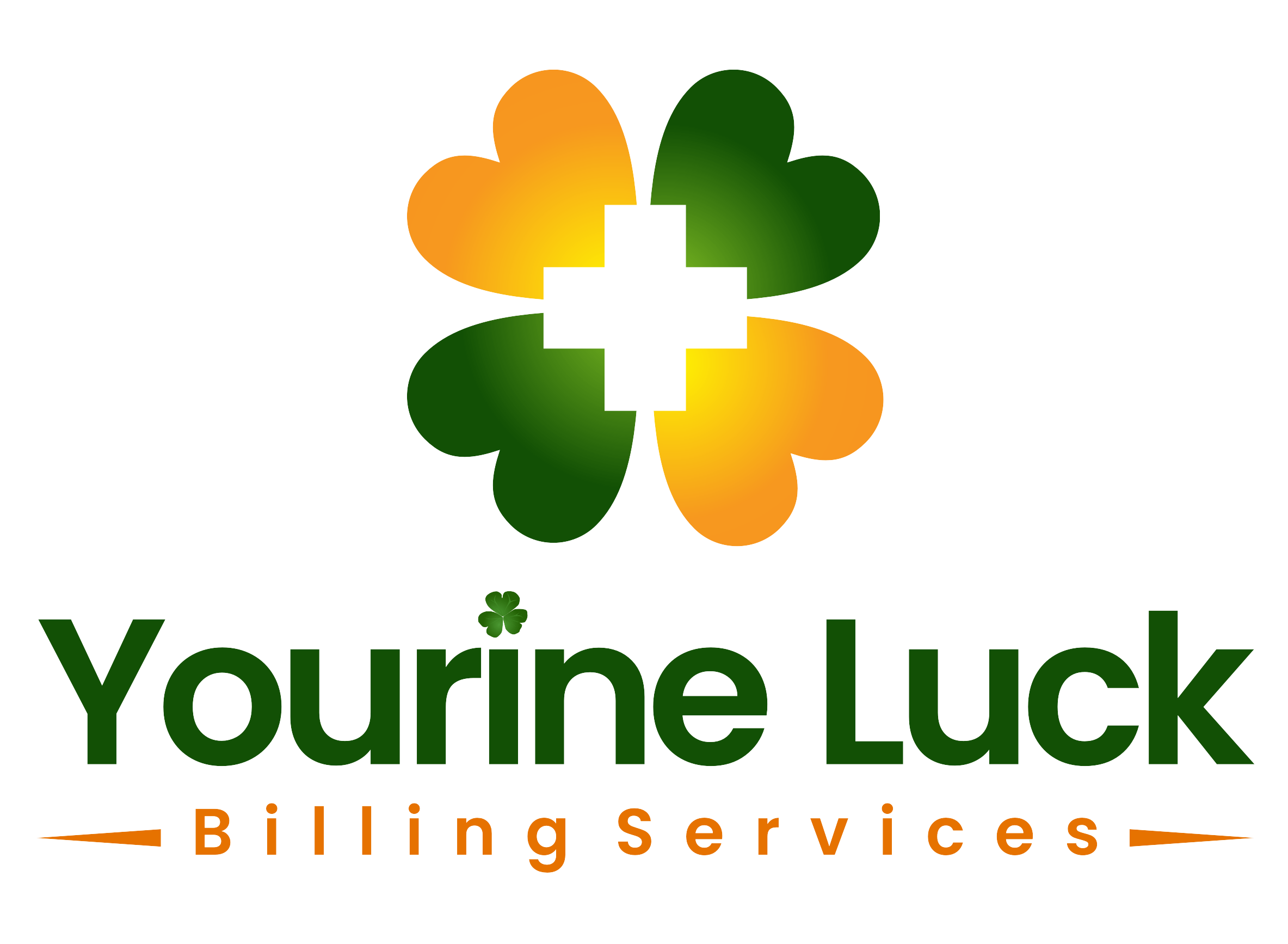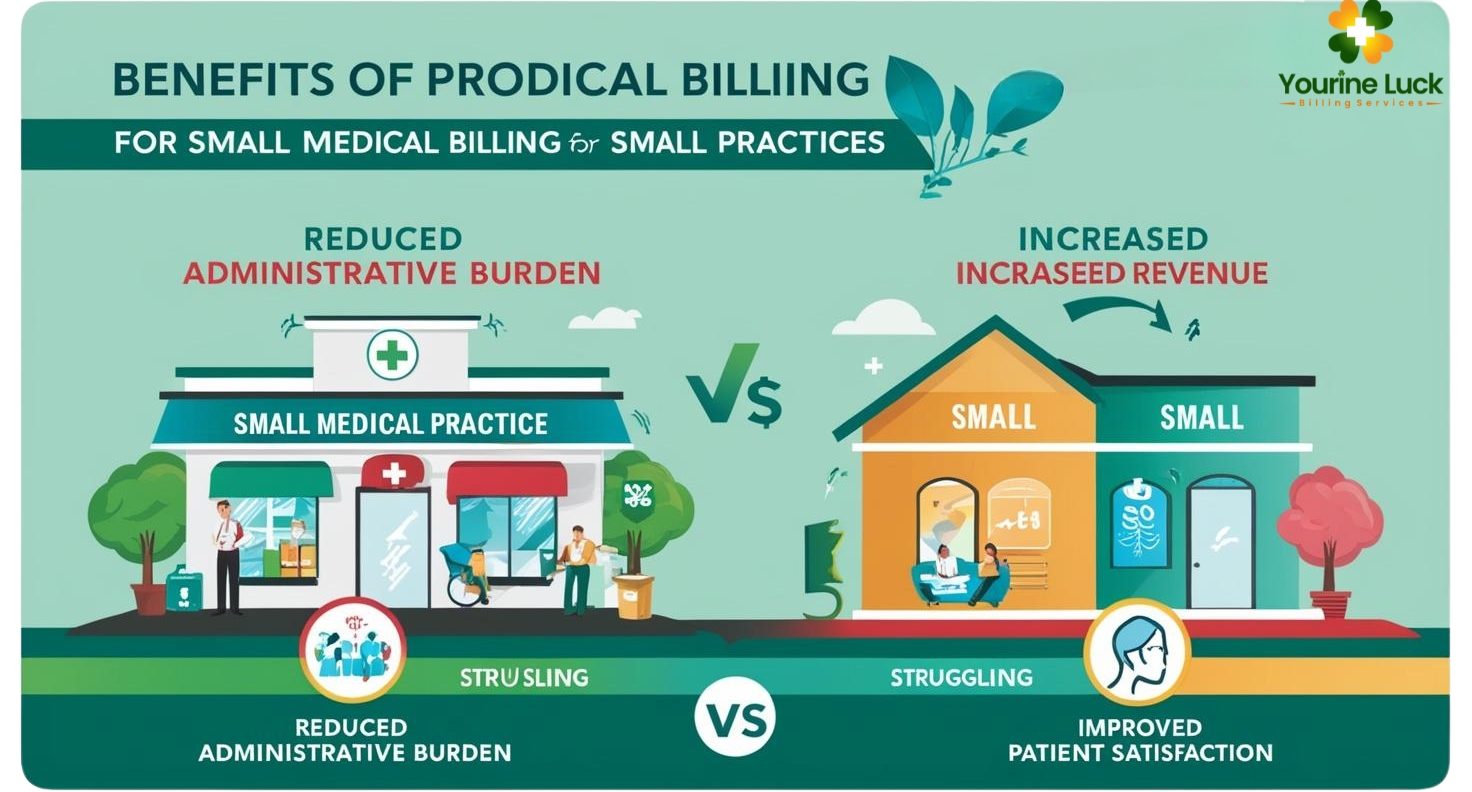Running a small medical practice comes with its unique challenges, especially when it comes to managing finances. One of the most critical aspects of ensuring your practice thrives is effective medical billing. Medical billing for small practices can be complex, but with the right approach, it can streamline your operations, improve revenue cycle management, and reduce administrative burdens. In this blog, we’ll explore how proper medical billing practices can help your small healthcare practice stay financially healthy and thrive in a competitive market.
Why Medical Billing Matters for Small Practices
Medical billing is the process of submitting claims to insurance companies and following up to ensure payment for medical services rendered. For small healthcare practices, having a reliable medical billing system is vital for smooth operations. An efficient billing system ensures timely payments, reduces errors, and optimizes cash flow.
The Challenges of Medical Billing for Small Practices
Small practices often struggle with several key challenges related to medical billing:
- Complex Billing Codes: Navigating the intricate world of CPT codes, ICD codes, and HCPCS codes can be overwhelming.
- Insurance Verification: Verifying patient insurance coverage and ensuring proper billing is essential to avoid denials.
- Claim Denials and Rejections: Claim denials can create cash flow issues if not addressed promptly.
- Time-Consuming Tasks: Handling the administrative workload of medical billing can take precious time away from patient care.
These challenges highlight why outsourcing medical billing services or adopting the right software solution is essential for small practices.
How Right Medical Billing Helps Small Practices Thrive
With the right medical billing practices in place, your small practice can experience numerous benefits, including:
1. Improved Revenue Cycle Management
Effective revenue cycle management (RCM) involves optimizing every step of the billing process from patient registration to the final payment. By investing in the right medical billing software or outsourcing to experts, small practices can streamline their billing processes and minimize delays in payments. Proper coding, claim submission, and insurance follow-up are key components that can drastically reduce the time it takes for a claim to be processed and paid.
2. Reduced Claim Denials
One of the most frustrating aspects of medical billing is claim denials. Incorrect codes, incomplete documentation, or mismatched patient information can lead to rejected claims. By leveraging advanced medical billing software or partnering with a dedicated billing team, practices can reduce denial rates by ensuring that claims are accurate and complete before submission.
3. Enhanced Cash Flow
With timely claim submission and quicker payment collection, small medical practices can experience better cash flow. Effective medical billing management minimizes delays in payments, allowing the practice to reinvest in equipment, hire more staff, and grow the business.
4. More Time for Patient Care
When a practice focuses on the administrative side of medical billing, it can divert attention away from what matters most—providing quality care to patients. By outsourcing your medical billing or implementing automated billing systems, you free up time for doctors and staff to focus on patient interactions, leading to better patient satisfaction and improved outcomes.
5. Compliance and Risk Management
In today’s healthcare environment, maintaining compliance with laws such as HIPAA (Health Insurance Portability and Accountability Act) and insurance company requirements is crucial. An experienced medical billing service ensures that your practice stays compliant with all regulations, thus mitigating the risk of legal issues or fines.
Best Practices for Medical Billing in Small Practices
To maximize the benefits of medical billing for small practices, consider implementing these best practices:
1. Invest in Billing Software
Modern medical billing software offers automation, simplifies code lookup, and integrates seamlessly with EHR (Electronic Health Record) systems, reducing the chances of errors. Make sure your billing software supports the latest ICD-10 codes and can handle the specifics of your practice.
2. Outsource Medical Billing Services
If your practice doesn’t have the resources to manage billing in-house, consider outsourcing to an experienced medical billing company. Outsourcing allows you to leverage expert knowledge of insurance companies, billing codes, and regulations, saving your practice time and money.
3. Train Your Staff
Properly training your staff on billing procedures is critical for reducing errors and improving the revenue cycle. Your team should be familiar with insurance verification, coding guidelines, and how to handle denials.
4. Follow-Up on Claims
Timely follow-up on unpaid claims is a must. Regularly check the status of claims to ensure no payments are missed and that any issues are addressed promptly. Having a dedicated team or outsourcing this function can ensure claims are managed effectively.
Conclusion
For small medical practices, medical billing can be a challenge, but it doesn’t have to be a barrier to success. By implementing the right systems, whether through in-house medical billing software or outsourcing to professionals, your practice can streamline operations, improve revenue cycle management, and focus on patient care. With accurate coding, timely follow-ups, and claim management, small practices can thrive and grow while minimizing administrative burdens.
Whether you’re just starting or looking to improve your current billing processes, remember that the right approach to medical billing is an investment in the future success of your practice.


